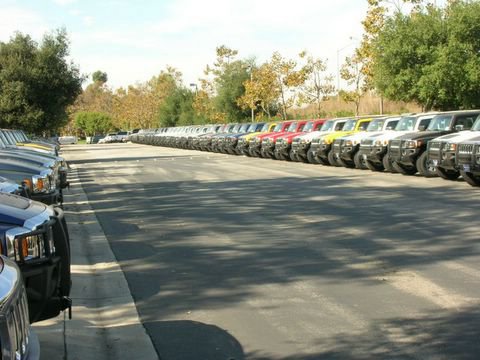GAO Report Finds Flaws in Electronic Voting -
hat tip ErgosphereThe GAO report found flaws in security, access, and hardware controls, as well as weak security management practices by voting machine vendors. The report identified multiple examples of actual operational failures in real elections and found that while national initiatives to improve the security and reliability of electronic voting systems are underway, "it is unclear when these initiatives will be available to assist state and local election authorities." Examples of problems reported by GAO include (1) computer systems that fail to encrypt data files containing cast votes, allowing them to be viewed or modified without detection by internal auditing systems; (2) systems that could allow individuals to alter ballot definition files so that votes cast for one candidate are counted for another; and (3) weak controls that allowed the alteration of memory cards used in optical scan machines, potentially impacting election results. GAO concluded that "these weaknesses could damage the integrity of ballots, votes, and voting system software by allowing unauthorized modifications (p. 25).Voting, and writing to elected representatives, is the least one can do to participate in the American democracy.
A vote may be like a grain of sand. A tiny quantum of a nations mood. The expectation when voting is that this cast opinion will be a fair representation. Carefully recorded by patriots such that small mistakes cancel out, and the winner wins.
The recent GAO report was defined as "blistering" by one liberal commentator; sadly it is not.
Here is blistering:
...these weaknesses damaged the integrity of ballots and votes by allowing unauthorized modifications during the 2004 presidential election. The election results are invalid...Presently, Americans live in a weird, shadow world: The winner won the exit polls in voting machine entrapped precincts, but for the first time in history lost out in the "official" tally in selfsame precincts. Overnight the national mood turned upside down, and
moderates through progressives were cheated out of a sufferable president, as opposed to an insufferable one.
Howard Dean enacted a working scenario for how this can be achieved on national TV. The voting machines running today are a such joke that "hacking" them is not necessarily a matter of technical expertise, but rather a weakest link game wherein one individual might social engineer one password to magically subvert democracy and 100,000 votes, just like the good old days.
Software is a perilious excercise when engineers have the best of intentions. With intentional sloppiness and lopped corners, everyone in America became disenfranchised. Even if Bush versus Kerry, Bud versus Bud light, presented a puzzling choice.
This is relevant to
Peak Energy.
Undoing the actions of hidden actors needs to be priority one. No useful political change can occur in the American democracy
while such wholesale shenanigans are tolerated. It is too early to play outside the game; we need the system back to where it was in 1976, at a minimum. Our energy problems are immense, if we get the system back, a Jimmy Carter is probably too much to hope for.
Progress is the painful process of re-attaining what has been lost.








